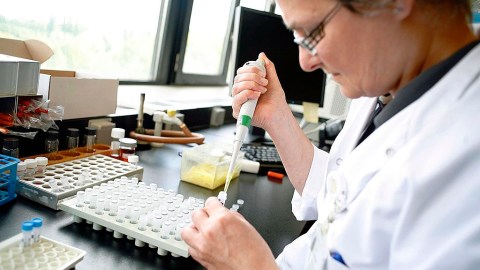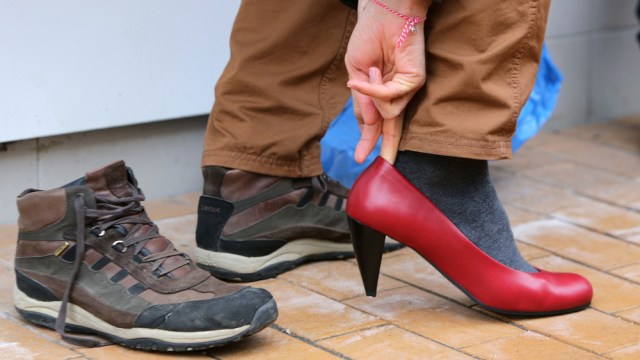You Should Probably Be More Concerned about the Evolution of Antibiotic Resistance

When you go to the doctor and get an antibiotic prescription, they often tell you to make sure that you take the entire dosage amount. Some doctors might even be hesitant to prescribe antibiotics without knowing for sure whether you have a bacterial infection or a viral one. You might recognize that these efforts are an attempt to curb antibiotic resistance. What you might not know is that these efforts could be running on a timeline.
Scientists are very worried about the rate at which antibiotic resistance is evolving. Over the years they have discovered strands of bacteria that are resistant to pretty much our entire defense line of antibiotics. Antibiotic resistance has been identified many times in livestock, where heavy use of the drugs often occurs to help make animals stronger and larger.
At the same time, researchers and drug manufacturers haven’t been working as heavily on finding new antibiotics over the past few years, because antibiotic sales generally pale in comparison to sales for drugs that require chronic use. Among the new antibiotics that do come out, most are derivatives of older, established antibiotics, rather than revolutionary drugs in of themselves.
The issue of antibiotic misuse among humans and livestock is fairly well-known now, but you might be surprised to hear that environmental contamination could be a problem as well. Ecologists studying antibiotic resistance in Georgia found that bacteria in streams that had been exposed to industrial waste were much more likely than pristine streams to show signs of antibiotic resistance. The discovery could mean that environmental contamination is another front on which we should be fighting the battle of antibiotic resistance.
Whomever you agree with about how much time we have left to figure out the issue of antibiotic resistance and come up with new ways to keep ourselves (and the planet) healthy, it seems that all agree that this is definitely an issue to which we should be paying attention.
Image Credit: AFP / Stringer via Getty Images
**
Stefani is a writer and urban planner based in Oakland, CA. She holds a master’s in City and Regional Planning from UC Berkeley and a bachelor’s in Human Biology from Stanford University. In her free time, she is often found reading diverse literature, writing stories, or enjoying the outdoors. Follow her on Twitter: @stefanicox





